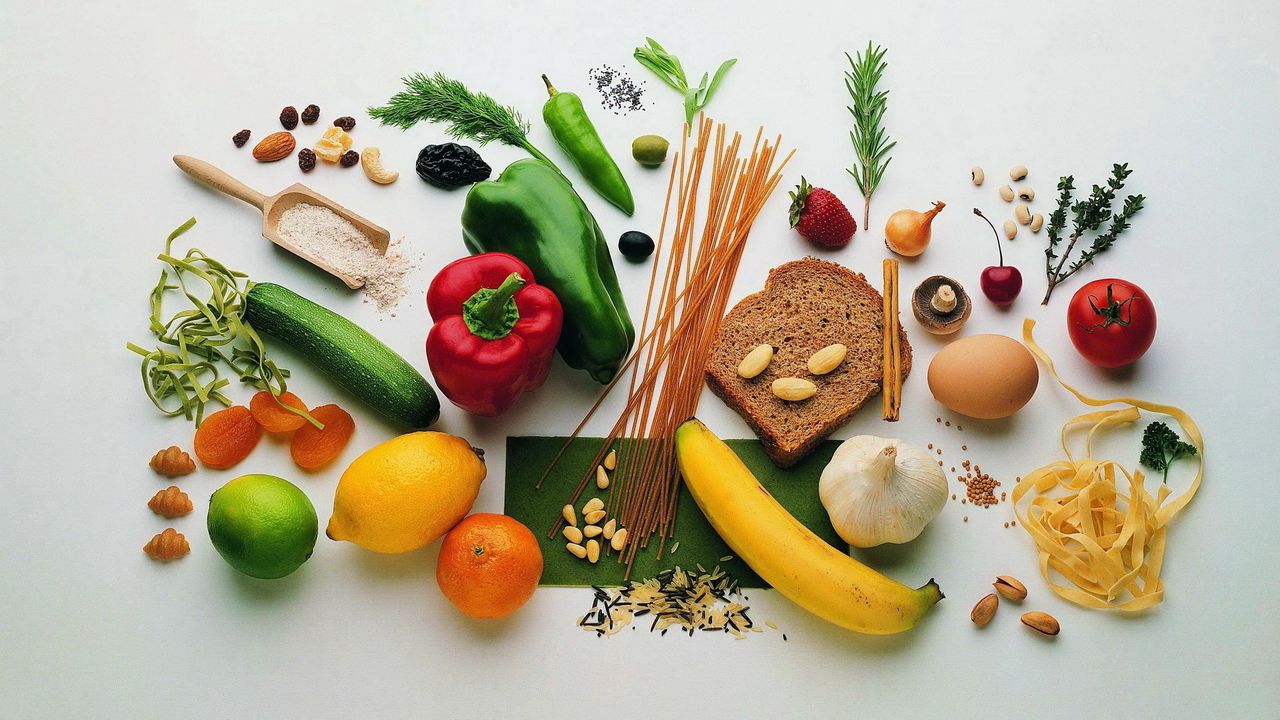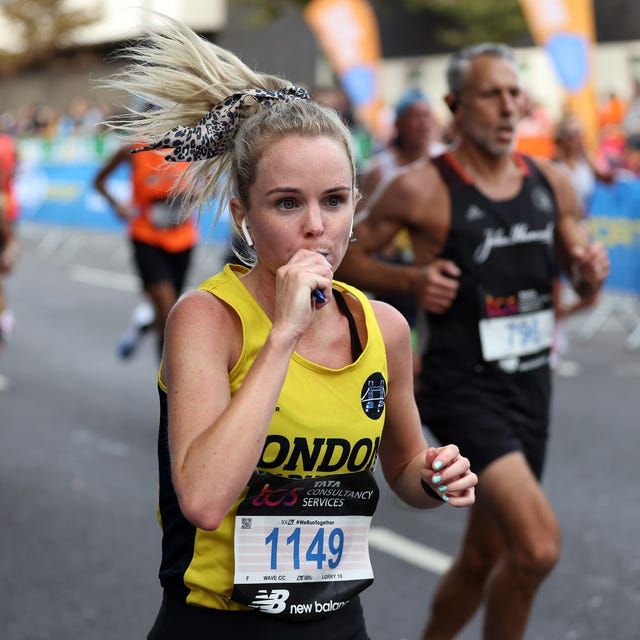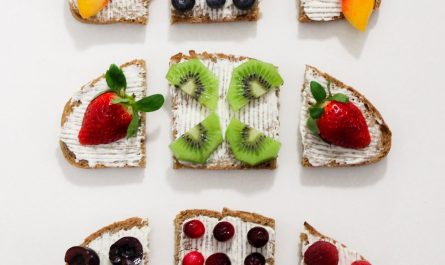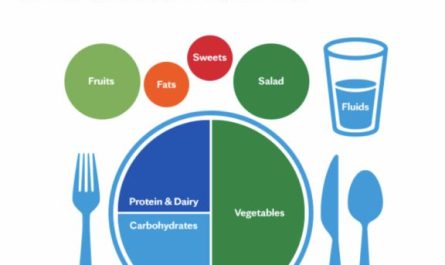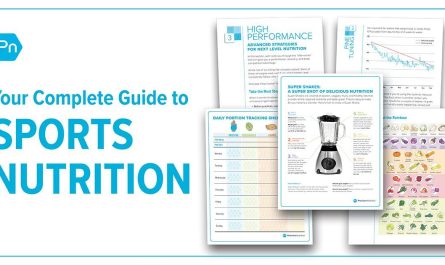Participating in a marathon can be an intense physical challenge that requires proper nutrition to keep your body fueled and performing at its best. Knowing what to eat during a marathon can make all the difference in your performance and overall experience. Here are some key tips on sports nutrition for marathon runners:
Carbohydrates for Energy
Carbohydrates are the primary source of fuel for endurance athletes like marathon runners. Aim to consume complex carbohydrates like whole grains, fruits, and vegetables leading up to the race to ensure your glycogen stores are fully stocked. During the marathon, consider consuming easily digestible carbohydrates like energy gels, sports drinks, or bananas to sustain your energy levels.
Hydration is Key
Staying hydrated during a marathon is crucial to prevent dehydration and maintain optimal performance. Drink water or a sports drink at regular intervals throughout the race to replace fluids lost through sweat. Be sure to listen to your body’s signals and drink when you feel thirsty to avoid dehydration.
Electrolytes for Balance
Electrolytes like sodium, potassium, and magnesium play a vital role in muscle function and hydration. During a marathon, you may lose electrolytes through sweat, so it’s essential to replenish them. Consider consuming electrolyte-rich foods like bananas, coconut water, or sports drinks to maintain electrolyte balance and prevent cramping.
Protein for Recovery
After completing a marathon, your muscles will be in need of repair and recovery. Consuming protein-rich foods like lean meats, fish, eggs, or plant-based sources like beans and tofu can aid in muscle recovery and rebuilding. Consider including a protein-packed snack or meal within 30 minutes to an hour post-race to kickstart the recovery process.
Fueling Strategies
Every runner is different, so it’s essential to experiment with different fueling strategies during your training runs to see what works best for you. Some runners may prefer to consume energy gels or chews at specific intervals, while others may opt for real food options like peanut butter sandwiches or energy bars. Find what works best for you and practice your fueling strategy leading up to race day.
Timing is Everything
Timing your nutrition intake during a marathon is crucial to prevent stomach upset and maximize performance. Aim to consume smaller, more frequent snacks or sips of water throughout the race rather than waiting until you feel hungry or thirsty. Remember, it’s easier to prevent fatigue and dehydration than to recover from them once they’ve set in.
Conclusion
Proper sports nutrition during a marathon can make all the difference in your performance and overall experience. By focusing on carbohydrates for energy, hydration, electrolyte balance, protein for recovery, and experimenting with fueling strategies, you can ensure that your body is properly fueled and ready to tackle the challenge of a marathon. Remember, what you eat during a marathon can have a direct impact on your performance, so fuel your body wisely and enjoy the journey.
Make sure to consult with a sports nutritionist or dietitian for personalized advice based on your individual needs and goals. With the right nutrition plan in place, you can maximize your potential and achieve your marathon goals.
Good luck!
